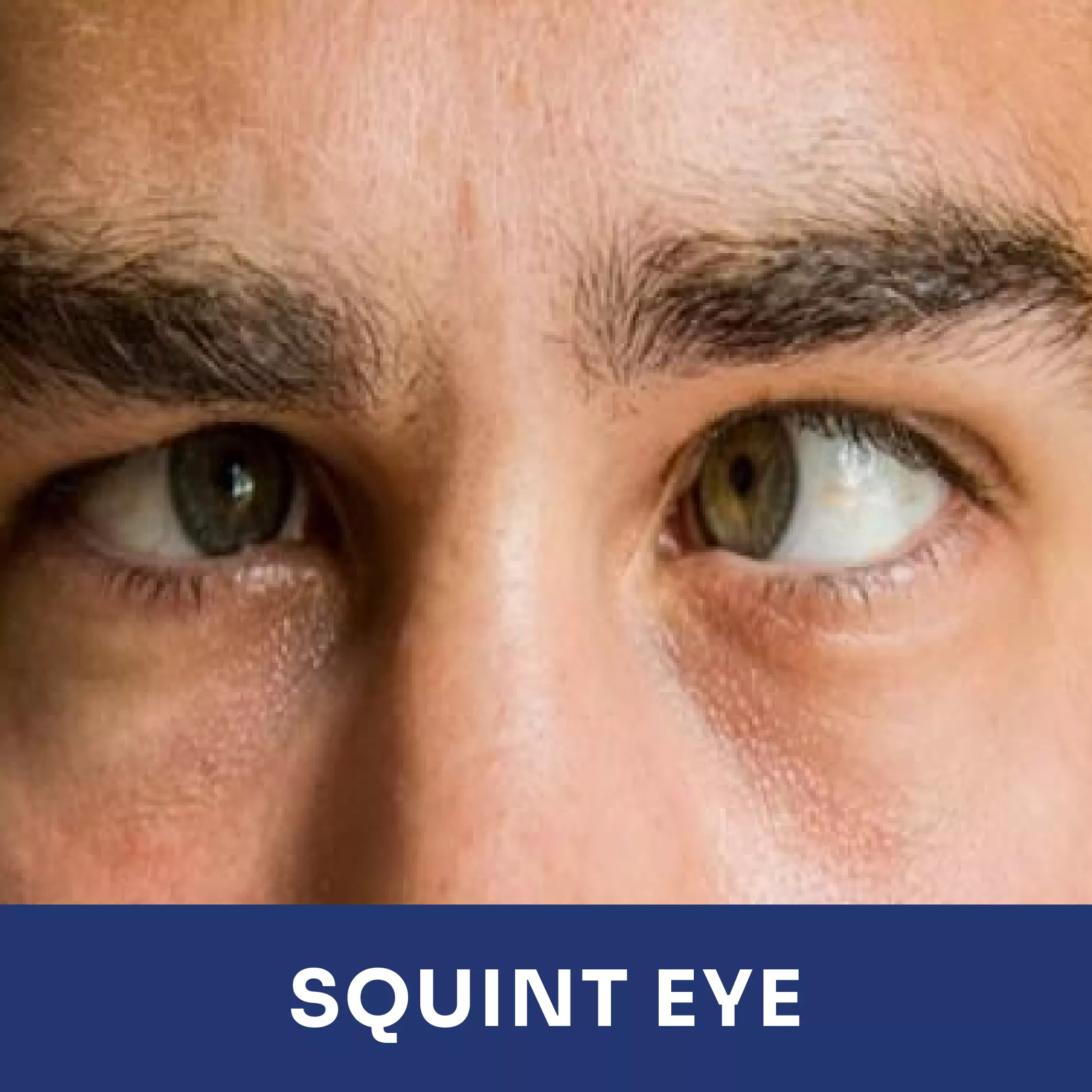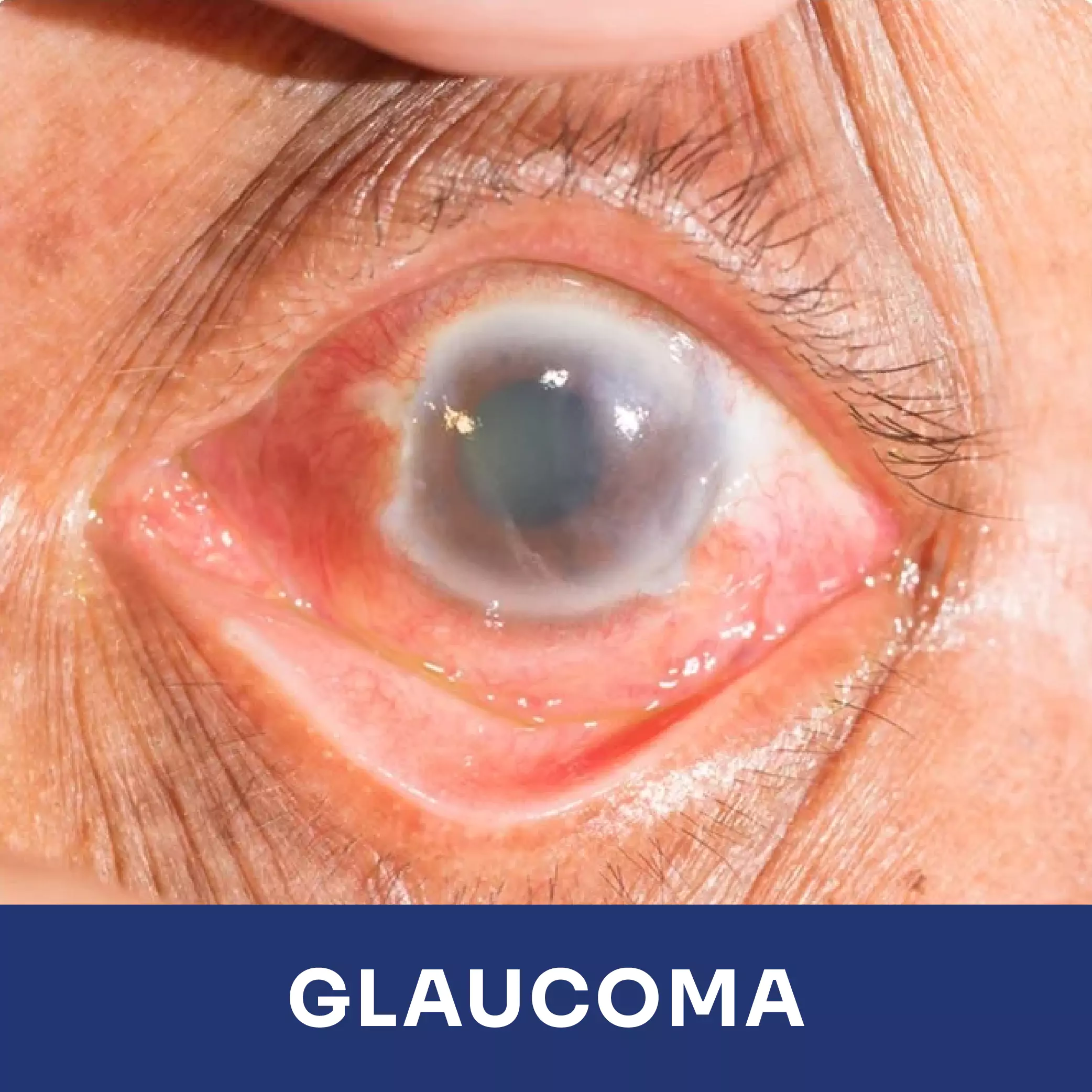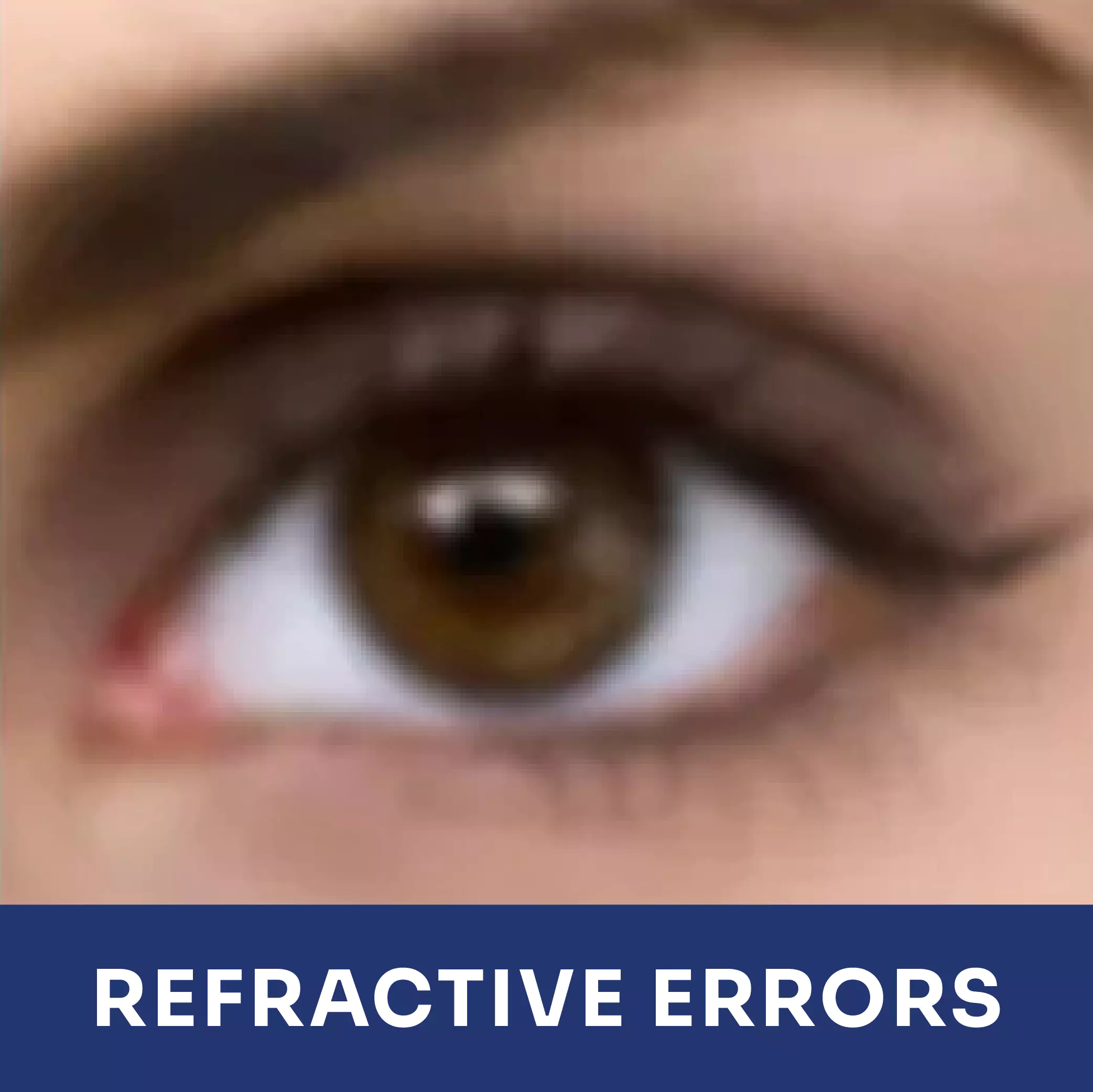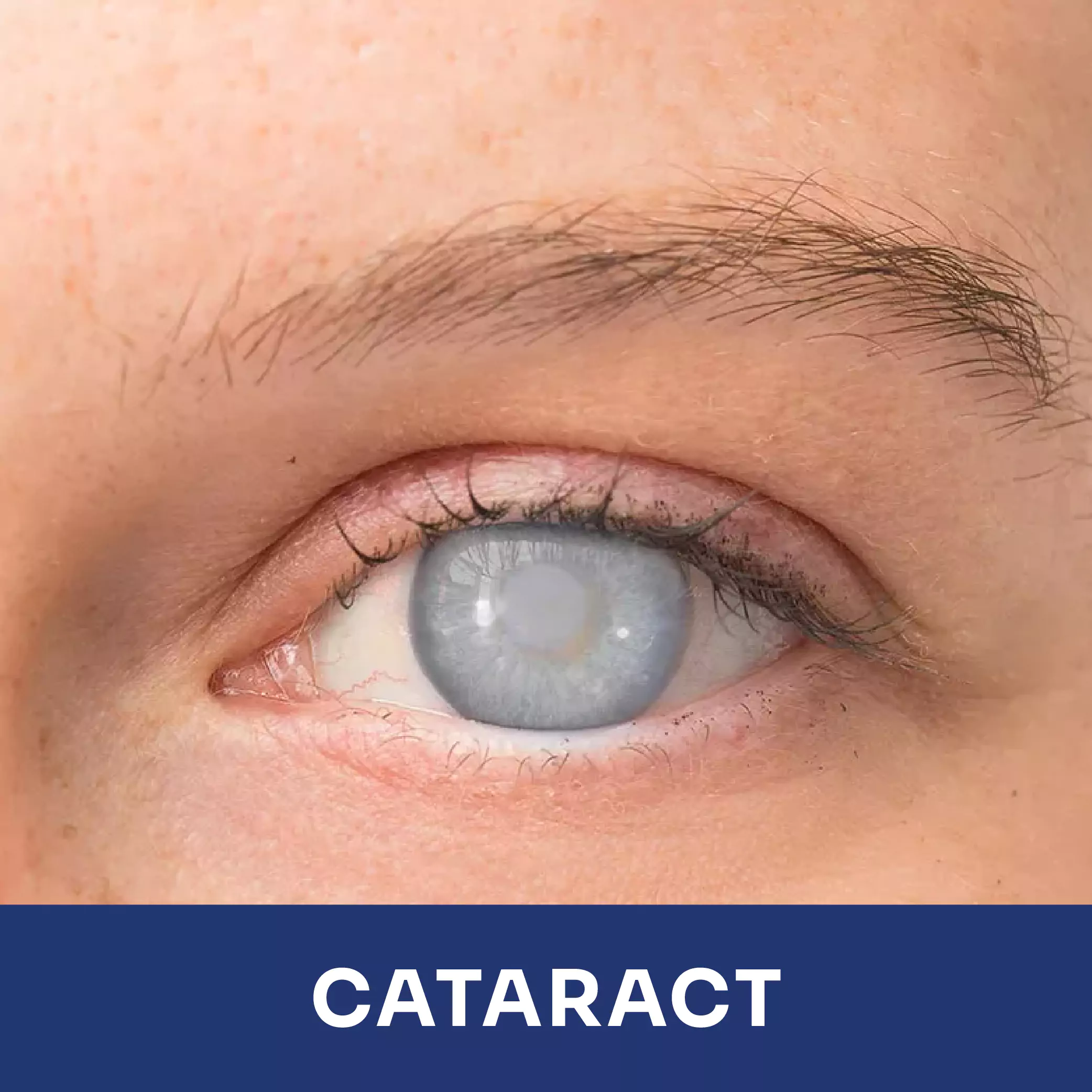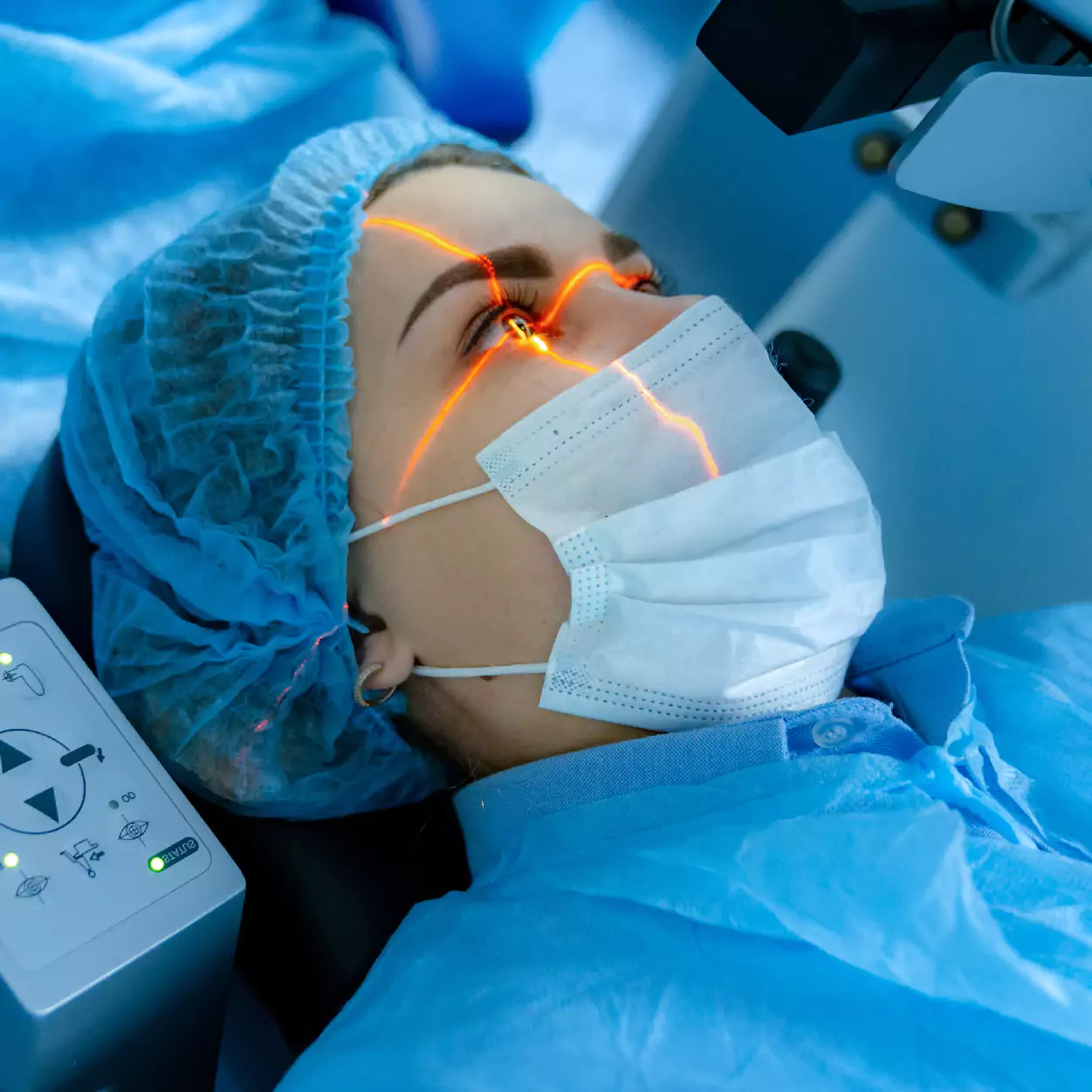
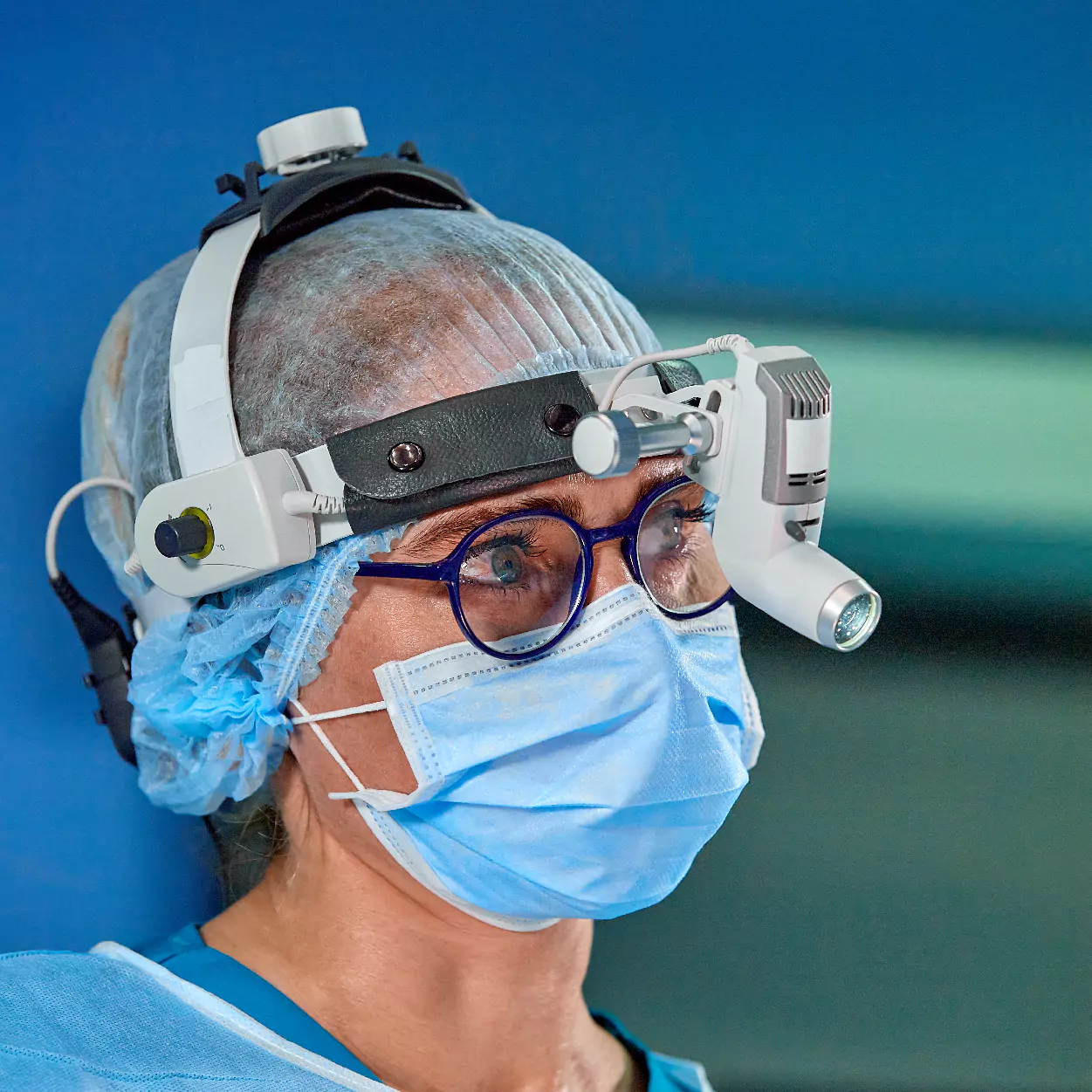
What is LASIK?
LASIK is a popular eye surgery that corrects vision problems like nearsightedness, farsightedness, and astigmatism. It reshapes the cornea to improve how the eye focuses light onto the retina.
Discover everything you need to know about LASIK surgery and how it can restore your vision.
Symptoms
LASIK can correct several vision issues, making daily tasks easier. Here are some common vision problems it addresses:
- Nearsightedness (Myopia)
- Farsightedness (Hyperopia)
- Astigmatism
- Blurred Vision
- Dependence on Glasses or Contact
- Lenses
- Difficulty with Night Vision
Causes
Vision problems that LASIK can correct often arise due to the shape of the eye or cornea. Common causes include:
- Genetics: Family history of vision problems.
- Aging: Natural changes in the eye’s shape and flexibility.
- Eye Strain: Prolonged use of screens or reading.
- Injury: Trauma to the eye can affect its shape.
- Diseases: Certain conditions like diabetes can affect vision.
Impact
LASIK can significantly improve your quality of life by providing clearer vision. Here’s how it helps:
- Dependence on Eyewear: Relying on glasses or contacts can be inconvenient and limiting, especially during physical activities or travel..
- Reduced Confidence: Poor vision can affect self-esteem and make social interactions more difficult.
- Limited Hobbies: Activities like sports, swimming, and crafts become harder to enjoy and participate in fully.
Diagnosis
- Initial Consultation: Comprehensive eye exam to assess your eye health.
- Vision Tests: Tests to measure your vision and determine the level of correction needed.
- Corneal Thickness Measurement: Ensures your cornea is thick enough for LASIK.
- Pupil Size Measurement: Determines the best treatment plan for your eyes.
- Eye Mapping: Detailed mapping of your cornea to guide the surgery.
Treatments
- Custom Treatment Plan: Tailored to your specific vision needs.
- Surgical Procedure: Quick and virtually painless, typically completed in about 15 minutes.
- Laser Reshaping: A precise laser reshapes the cornea to correct vision.
- Post-Surgery Care: Follow-up visits to monitor healing and vision improvement.
- Recovery: Most patients experience clearer vision within a day or two, with full recovery in a few weeks.
Frequently Asked Questions?
What is LASIK surgery?
LASIK surgery reshapes the cornea to correct vision problems, reducing or eliminating the need for glasses or contacts.
How do I know if I am candidate for LASIK?
A thorough eye exam by an eye doctor will determine if LASIK is right for you based on your eye health and vision needs.
What are the risks of LASIK surgery?
While generally safe, risks include dry eyes, glare, halos around lights, and, in rare cases, vision loss. Most side effects are temporary.
How long is the recovery time?
Most people notice improved vision within a day or two, with full recovery in a few weeks. Follow your doctor’s post-surgery care instructions.
Will I need glasses after LASIK?
Many people achieve good vision without glasses, but some may still need them for reading or night driving.
How successful is LASIK surgery?
LASIK has a high success rate, with most patients achieving 20/20 vision or better. Satisfaction rates are typically very high.
Achieve Clear Vision with LASIK Surgery through SeeClearly’s Top Eye Care Surgeons
Experience life free from glasses or contacts. Our LASIK options offer precise correction and quick recovery through leading eye care professionals.
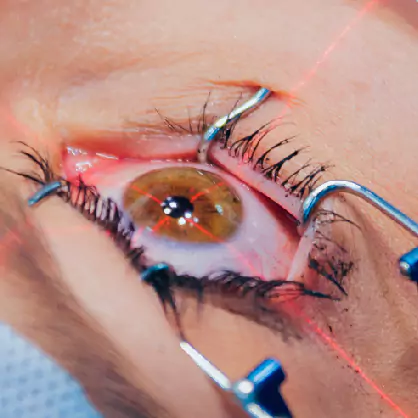
Get LASIK Today
Transform your vision with advanced LASIK treatments. Book a consultation with our top eye care partners.

